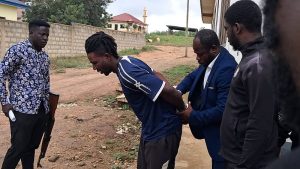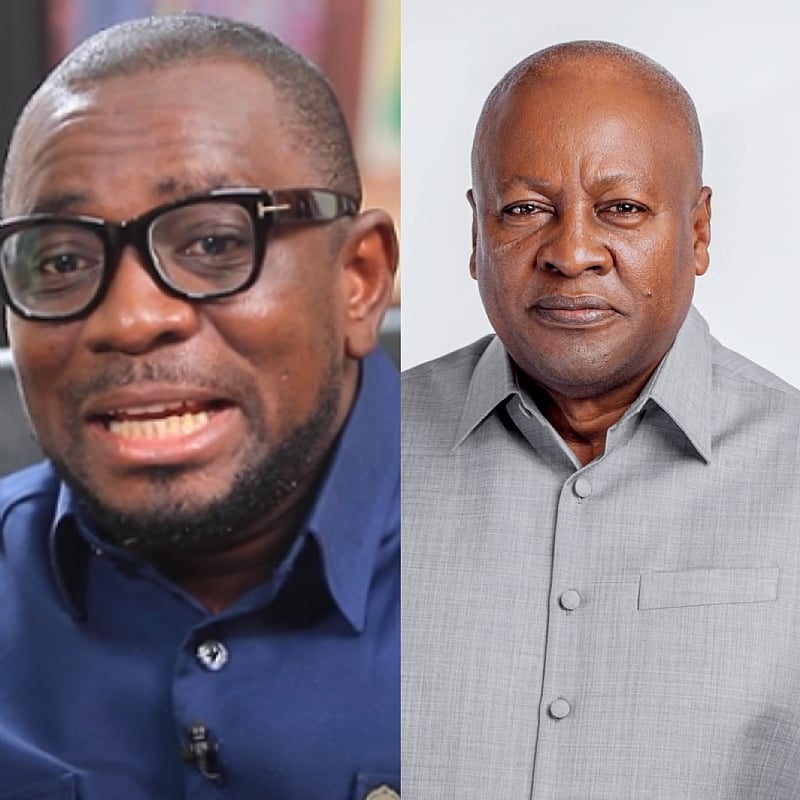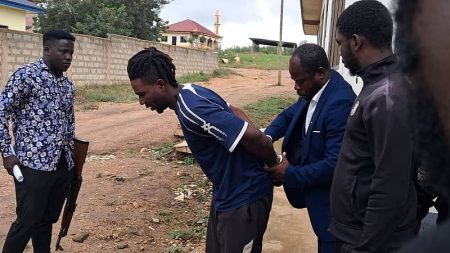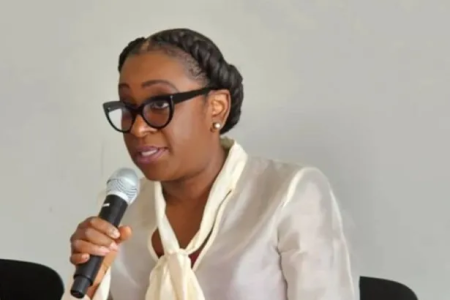The recent Ablekuma North parliamentary rerun election in Ghana has sparked controversy and condemnation, particularly from Kennedy Osei Nyarko, the Member of Parliament for Akim Swedru. Nyarko has accused President John Dramani Mahama of failing to live up to his promise of a political “reset” in the country, citing alleged violence and intimidation perpetrated by members of the ruling party during the election. He characterized the events as a significant setback for Ghana’s democratic progress, highlighting reports of assaults and intimidation against civilians, which he argues undermine the integrity of the electoral process and cast a pall over the nation’s democratic values. Nyarko’s critique centers on the president’s perceived inaction in the face of these alleged transgressions, arguing that such impunity sets a dangerous precedent and risks normalizing political violence.
Nyarko’s public condemnation, delivered through a strongly worded Facebook post, directly addresses President Mahama, questioning the sincerity of his commitment to a political reset. He argues that the alleged “brutish and thuggery behavior” displayed by ruling party members during the rerun election is diametrically opposed to the spirit of a reset, which implies a move towards greater civility and respect for democratic norms. The MP expressed deep concern over the potential long-term consequences of allowing such actions to go unchecked, warning that a cycle of violence and retribution could further fracture the nation’s unity. He underscored the importance of addressing the root causes of political violence and emphasized that past wrongs cannot justify present-day acts of aggression.
The core of Nyarko’s argument rests on the principle of accountability. He contends that President Mahama has a responsibility to ensure that those responsible for the alleged violence are held accountable, regardless of their political affiliation. He warns that failure to do so would represent a “grave injustice” to the Ghanaian people and would send a message that political violence can be tolerated. Nyarko believes that the president’s inaction undermines the very foundation of democracy, which relies on the rule of law and the protection of citizens’ rights. He stresses the urgency of restoring peace and order, emphasizing that a climate of fear and intimidation is incompatible with a healthy democracy.
The MP’s critique extends beyond the immediate events of the Ablekuma North rerun. He frames the alleged violence within a broader context of political impunity, arguing that certain individuals within the political system exploit vulnerabilities to perpetrate crimes against innocent citizens. He calls for a systemic change in the way politics is conducted in Ghana, advocating for a move away from vengeance-driven politics and towards a more inclusive and respectful approach. Nyarko believes that true democratic progress requires a commitment to upholding the rule of law and ensuring that all citizens are treated equally under the law, regardless of their political affiliations.
Nyarko concludes his statement with an appeal for national unity and a departure from the politics of retribution. He urges President Mahama to transcend partisan interests and take decisive action to safeguard the sanctity of Ghana’s democracy. This call for unity underscores Nyarko’s belief that the future of Ghana’s democracy hinges on the collective commitment of all political actors to uphold democratic principles and to reject violence as a means of achieving political ends. He emphasizes that the president, as the head of state, has a particular responsibility to lead by example and to create an environment where all citizens feel safe and respected.
In essence, Kennedy Osei Nyarko’s message is a plea for accountability, justice, and a renewed commitment to democratic values in Ghana. He sees the alleged violence during the Ablekuma North rerun as a symptom of deeper systemic issues within the country’s political landscape, and he calls on President Mahama to take decisive action to address these issues and prevent further erosion of democratic norms. He believes that the president’s response to this incident will be a defining moment for his leadership and will set the tone for the future of Ghana’s political environment. Nyarko’s message resonates with the fundamental principles of democracy: respect for the rule of law, protection of citizens’ rights, and the peaceful transfer of power. He urges Ghanaians to unite against political violence and work towards a future where democracy thrives and the rights of all citizens are protected.














